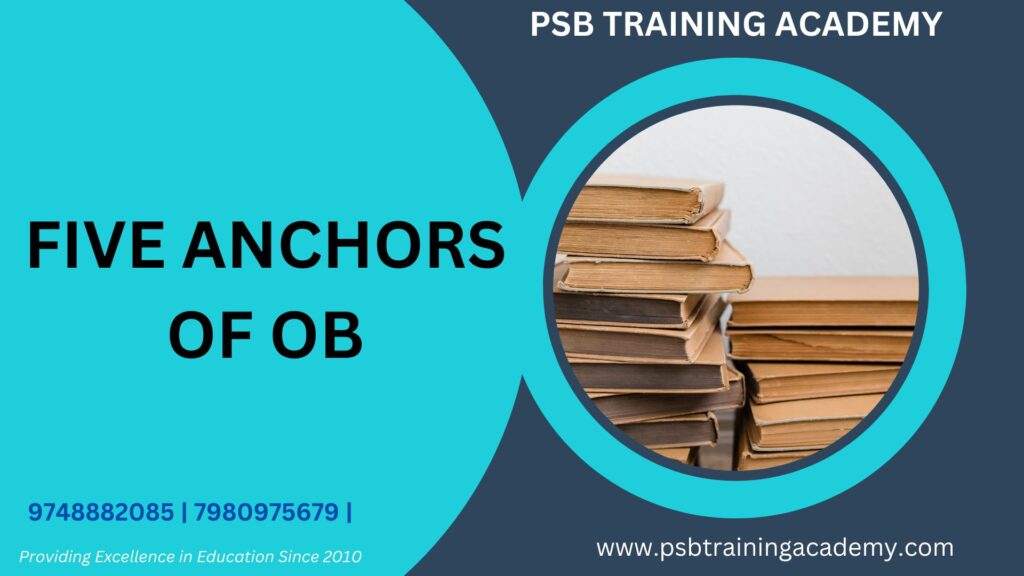ORGANIZATIONAL BEHAVIOUR – Question and answer 5
Comparatively discuss the theories of motivation of Maslow and Herzberg. Maslow’s Hierarchy of Needs and Herzberg’s Two-Factor Theory are two influential theories of motivation that provide insights into understanding employee motivation and satisfaction in the workplace. While there are similarities between the two theories, there are also key differences in their perspectives. Let’s discuss and …
ORGANIZATIONAL BEHAVIOUR – Question and answer 5 Read More »


